On the morning of 6 September, 1885, Prince Alexander of Battenberg was brought the news that control had been established over Plovdiv by the Bulgarian forces, and the Governor General Gavril Krastevich – arrested. At the time, the young monarch was at the summer palace Sandrovo – the prototype of the seaside residence Evksinograd. He immediately set out for Varna where, from the balcony of what was once the telegraph and post office, he announced the Unification of the Principality of Bulgaria with Eastern Rumelia. A huge crowd had gathered to welcome the unification of parts of the Bulgarian lands, fragmented after the country’s liberation from Ottoman domination.
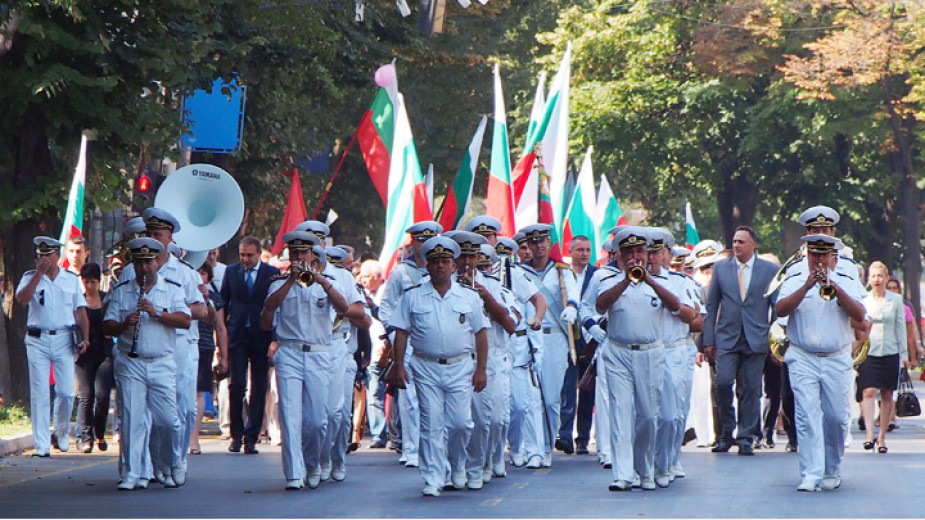
137 years later, Varna will commemorate this historic day with reenactments, a street procession and a concert by the navy brass band of authentic military songs and marching tunes from the time of the Unification.
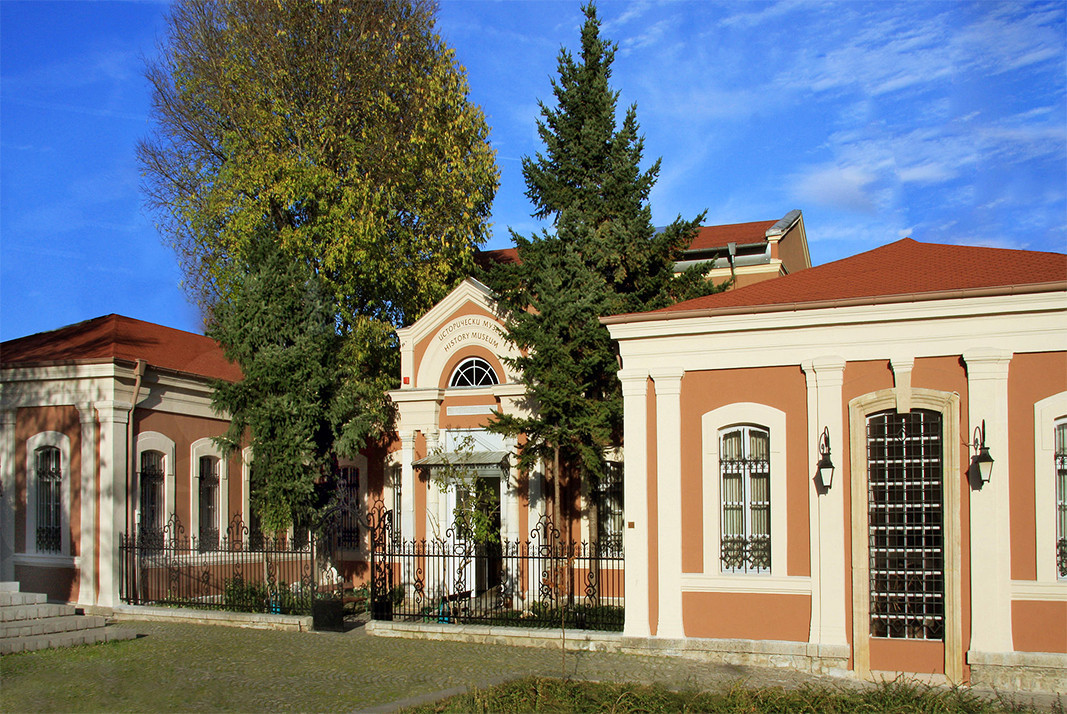
“On 6 September, the prince arrived by carriage, and we are going to see the scene in the reenactment,” says Lambrin Sotirov, organizer of the festivities and founder of the Old Varna Museum. “He is going to leave government house – as it was called back then – and, on the very same spot where he stood in 1885, he is going to appear with his retinue, to announce, acknowledge and recognize the Unification of Bulgaria. Once this has happened, the Unification became a fact – in legal, diplomatic, national and international terms.”
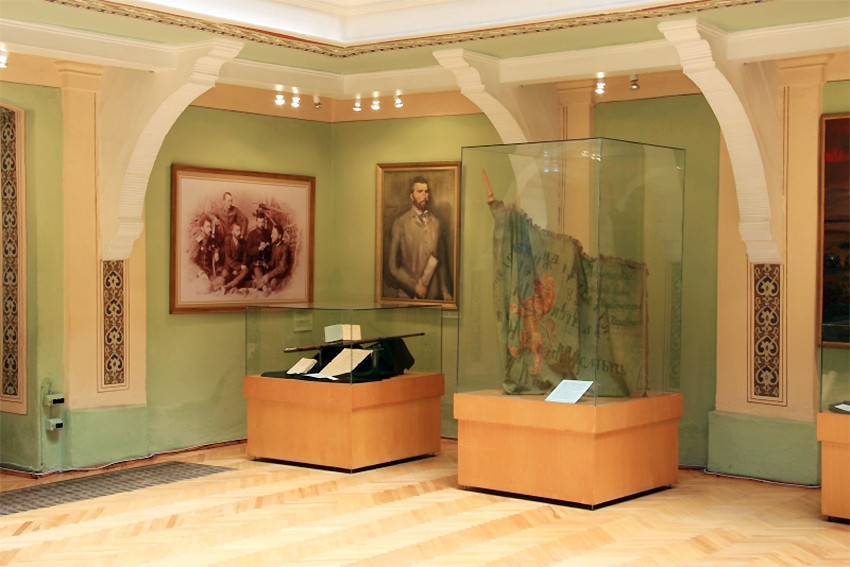
Plovdiv – the city where the main events played out that led up to the rejection of the rule by the Sultan and the accession of the autonomous province of the Ottoman Empire to the Principality of Bulgaria – is also going to commemorate the unification. In Suedinenie (Unification) square, the building built for the regional assembly of Eastern Rumelia now houses a Regional Museum of History exposition “The Unification of Bulgaria, 1885”, displaying the banners and weapons of the detachments and other valuable artifacts. Not far from this building rises the monument to the Unification – a 12-metre sculpture of a young woman raising a laurel wreath above her head.
In Sofia, a small memorial tomb in the centre of the city is a reminder of the prince who gave his support to the biggest territorial enlargement in the country’s drive for national unification – done without the blessing of the Great Powers - who later fell victim to a coup d’état, organized by Russophile officers because of his determination to lead an independent policy.
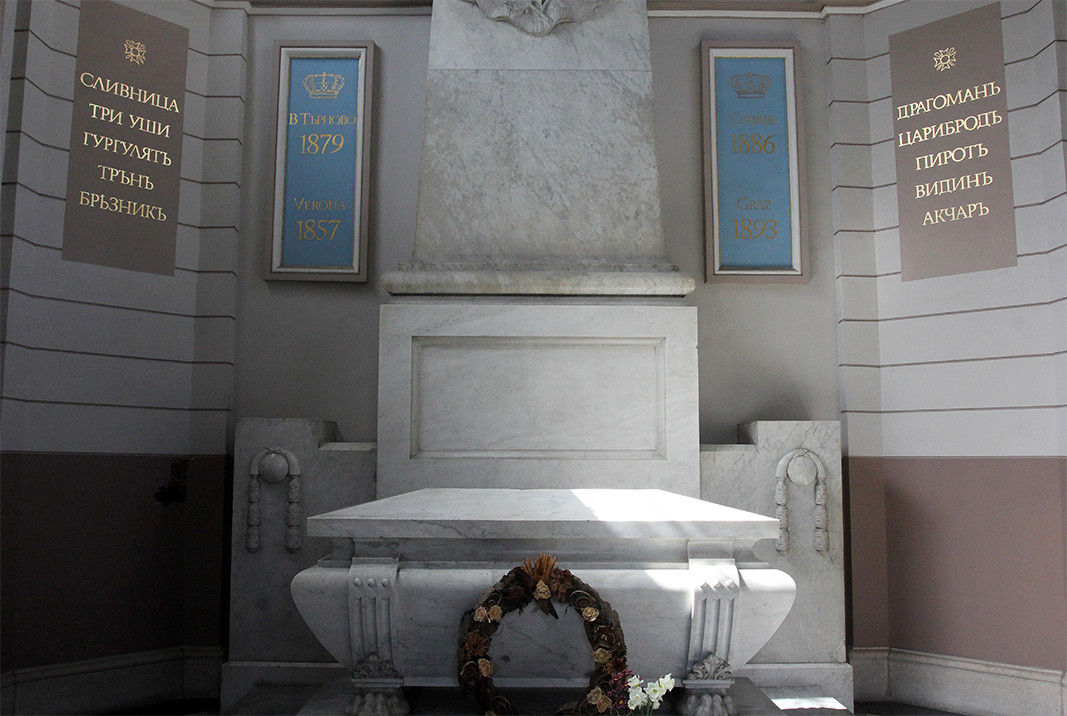
Many patriotically-minded Bulgarians, or “hotheads” as many called them, risked their lives to prepare and bring the Unification to a successful conclusion. One of them – revolutionary and writer Zahari Stoyanov declared the start of these historic events with the words: Brothers! The hour of unification has struck!
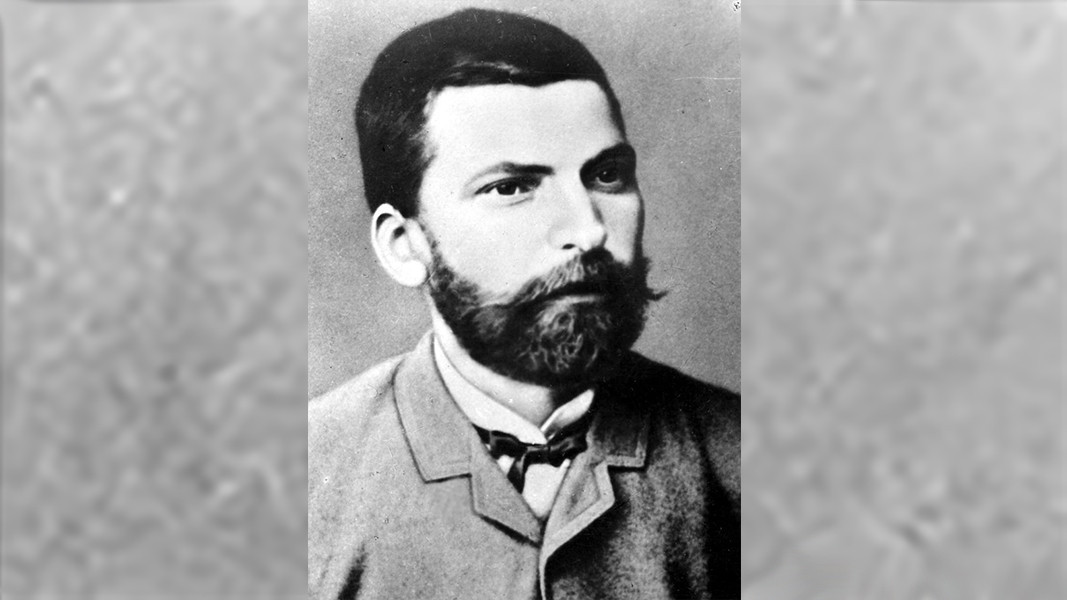
“Zahari Stoyanov provided the fabric of our national liberation movement in its crucial phase, and, of course, as chronicler of the April Uprising,” historian Prof. Plamen Pavlov says. “He set up the secret Bulgarian central revolutionary committee and played a leading role in the Unification. He was engaged in so many different things, and even though he only lived to the age of 39, the sheer scale of his work is difficult to imagine, even in our day. But it shouldn’t be forgotten that he suffered a lot of abuse – he has been renounced, he has been painted as a villain in so many forms which, unfortunately, holds good of his literary work as well.”
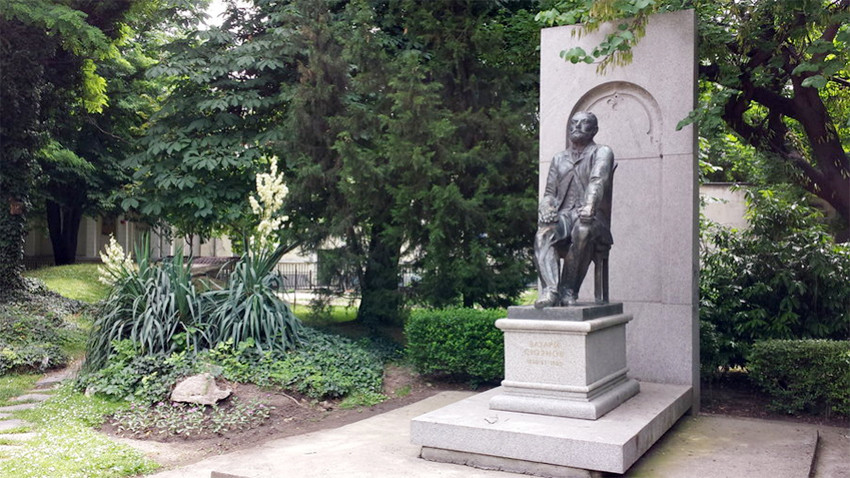
Stefan Stambolov was also a staunch defender of the Unification. In his capacity of President of the National Assembly, he put pressure on Alexander of Battenberg to legitimize this political act. It was Stefan Stambolov who penned the proclamation, with which, on 8 September, the monarch recognized the merger of the two Bulgarian territories and declared himself prince of Northern and Southern Bulgaria.
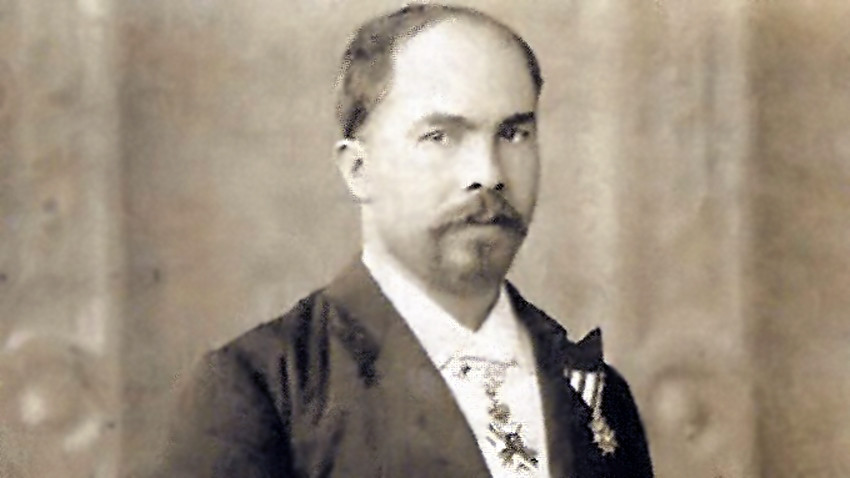
Stefan Stambolov is one of the most prominent 19th century statesmen of Bulgaria – as a young man he took part in the national liberation struggles, and after the liberation he entered politics as member of the Liberal Party, and as Prince Ferdinand was crowned, he took the helm of the government, during which time the country underwent an unparalleled economic uplift, and the country’s foreign policy was turned towards the West.
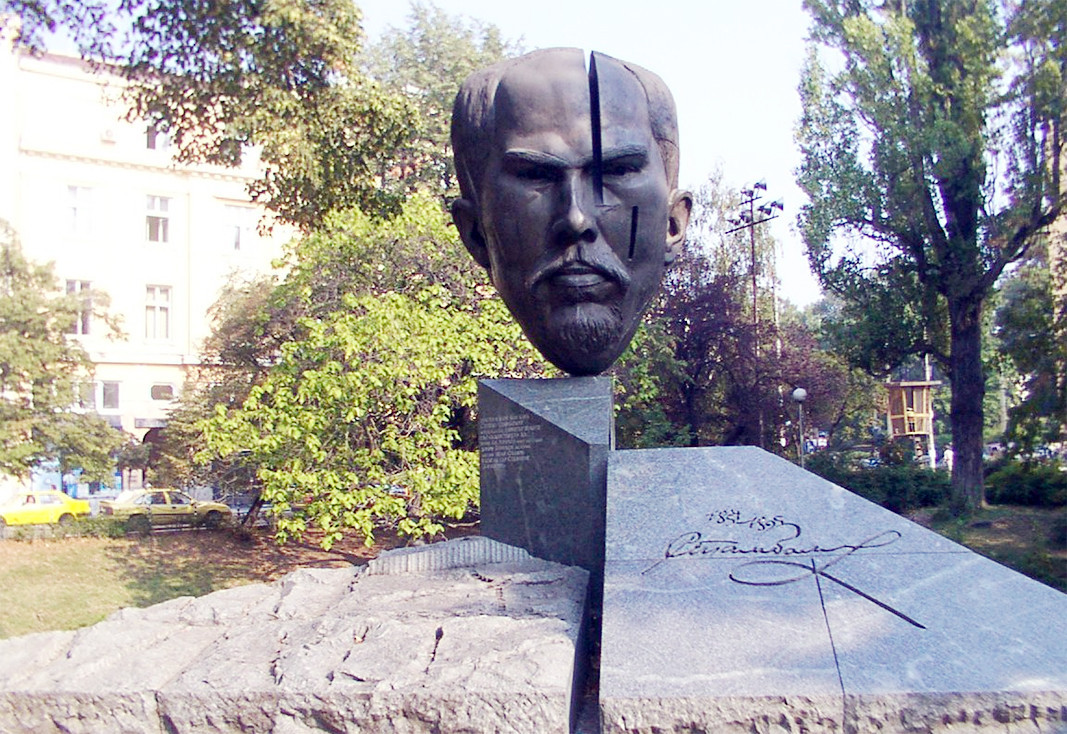
But the determination with which he ruled the country earned him many enemies, and as the new century dawned, he was attacked in the centre of Sofia, and three days later died of his wounds, to go down in history as one of the builders of modern Bulgaria.
Interviews by Horizont channel and BNR-Varna
Photos: BGNES, rimplovdiv.wordpress.com, opoznai.bg, library
The Patriarchal Cathedral of St Alexander Nevsky is celebrating its temple feast today. The cathedral, a symbol of the Bulgarian capital, was built "in gratitude to the Russian people for the liberation of Bulgaria from Ottoman rule in 1878". Who..
On November 22 and 23, the Bulgarian Orthodox Church will solemnly celebrate the 100th anniversary of the consecration of the Patriarchal Cathedral "St. Alexander Nevsky" . For a century the cathedral has been "a witness to all the hopes and..
The Feast of the Epiphany - the entry of the Theotokos into the Temple - is one of the oldest and most revered feasts in the Orthodox world. It was introduced in Constantinople around the 8th century during the time of Patriarch Tarasius. It was six..
On November 22 and 23, the Bulgarian Orthodox Church will solemnly celebrate the 100th anniversary of the consecration of the Patriarchal Cathedral "St...
The Patriarchal Cathedral of St Alexander Nevsky is celebrating its temple feast today. The cathedral, a symbol of the Bulgarian capital, was built "in..

+359 2 9336 661
